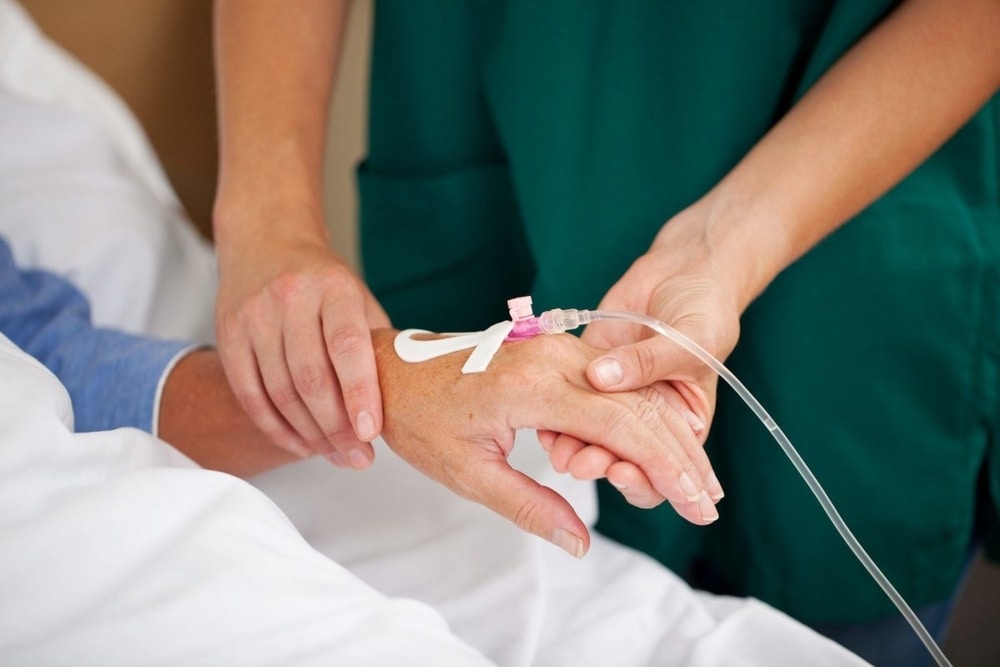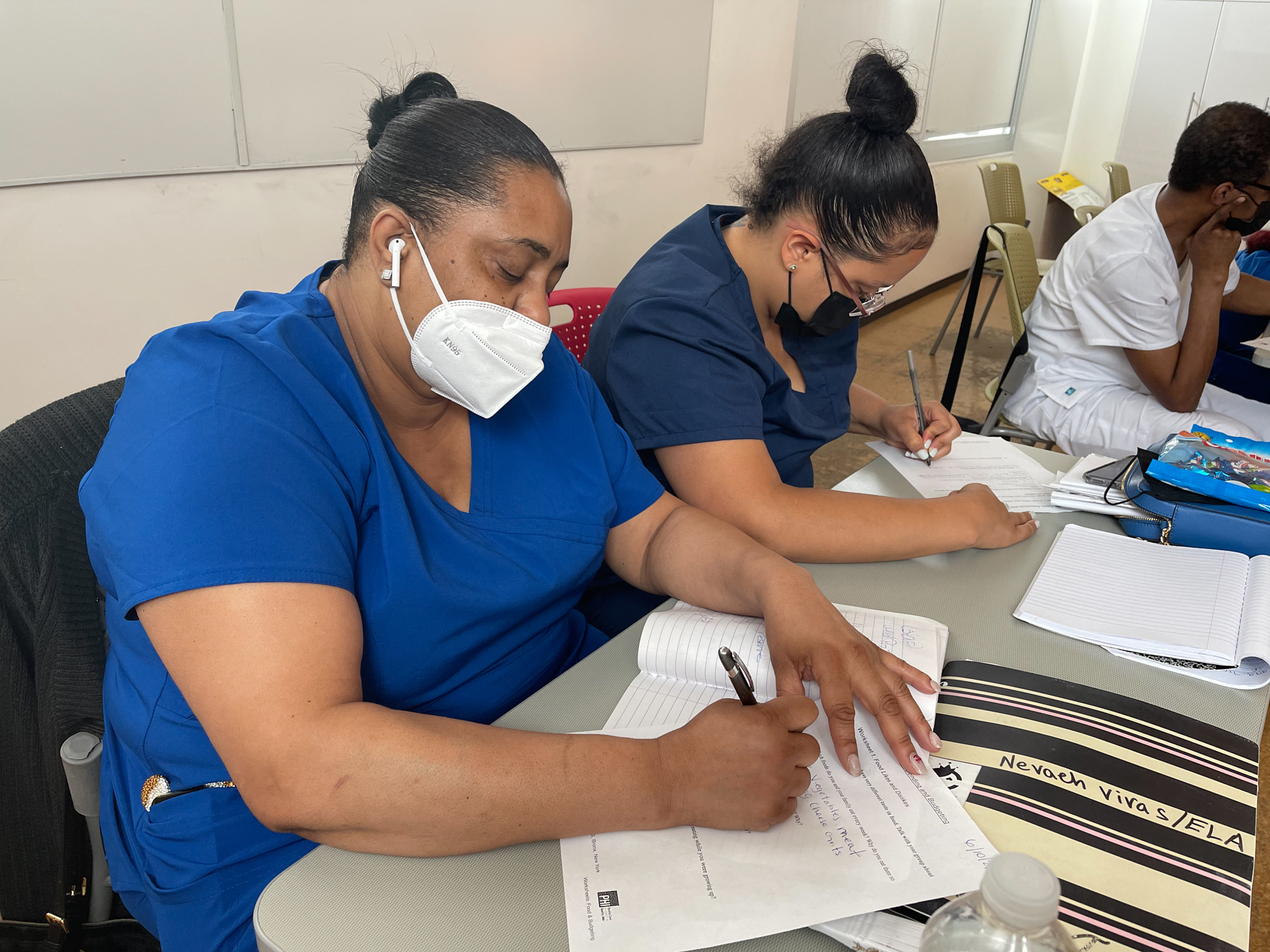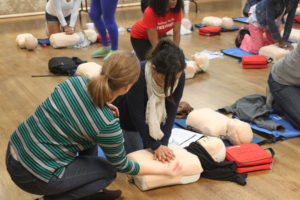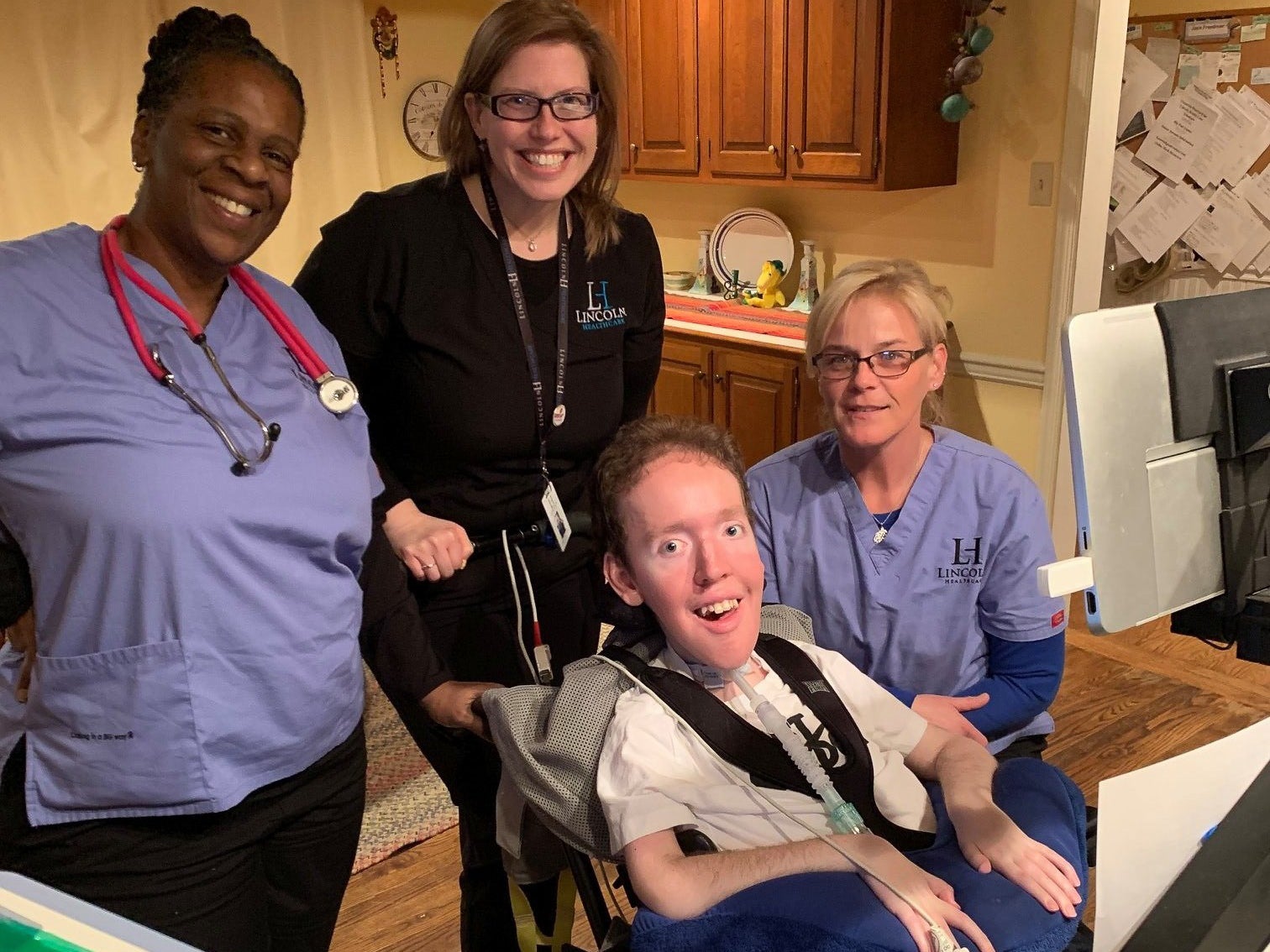
Are you an individual who wants to start a nursing assistant (CNA) school, phlebotomy technician training program, medical assistant course, EKG technician training program, patient care technician program, or other type of allied healthcare course of study? Do you find the process somewhat confusing? We can be of assistance. Call (682)340.3034 or email Staff@DynamicDayEnterprise.com to see what we can do for you. Our website is http://www.DynamicDayEnterprises.com for more info.
The team at Dynamic Day Consultants is comprised of knowledgeable RN consultants who have amassed several years of experiential backgrounds as owners and operators in the vocational school industry. In fact, we currently own and operate a successful trade school with results, so we can talk the talk and walk the walk. In addition, we take pride in providing clients with final results that are complete, concise, and the thrilling beginning of peoples’ entrepreneurial journeys.
No job is too small…you can piecemeal a consultancy plan that works for you and your professional goals. Entrepreneurial minds in the healthcare trade school /vocational school industry regularly look to the expertise of consultants to help in formulate plans, promote new training programs, prepare important documents, and provide warnings of potential problems that might occur while establishing a proprietary school and/or adding training programs to existing schools.
Dynamic Day Consultants offers an assortment of consultative services that are tailored to the unique needs of those who are seeking to enter the healthcare trade school industry and realm of allied healthcare training programs. We will write your curriculum, prepare your school catalog in accordance with approval guidelines, populate the clinical externship contract templates, formulate a business plan, sort through school policies & student handbooks, and generate a suite of paperwork that you may not have even known you needed.
Our team can also develop an effective marketing plan to attract prospective students, help you navigate the process of securing national programmatic approvals to ensure your school’s course offerings appear more attractive to potential students, and offer informed suggestions on ways in which you can foster community partnerships with nonprofit entities that tend to result in lucrative leads for more students in your classroom seats (and more tuition dollars for your school).
Place a telephone call to (682)340.3034, or feel free to email Staff@DynamicDayEnterprise.com to see what Dynamic Day Consultants can do for you. Our website is http://www.DynamicDayEnterprises.com if you would like more information and/or wish to book a telephone session.







